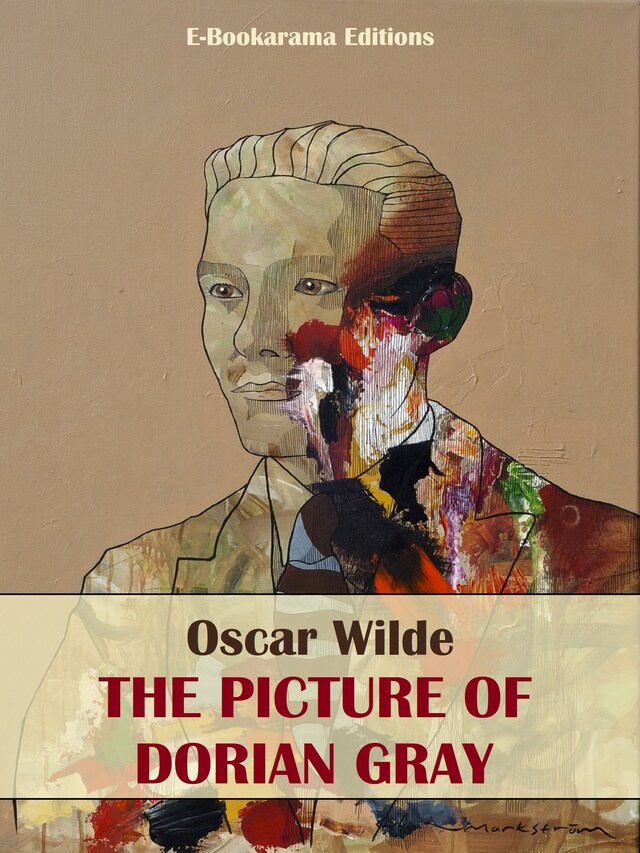
The Picture of Dorian Gray


